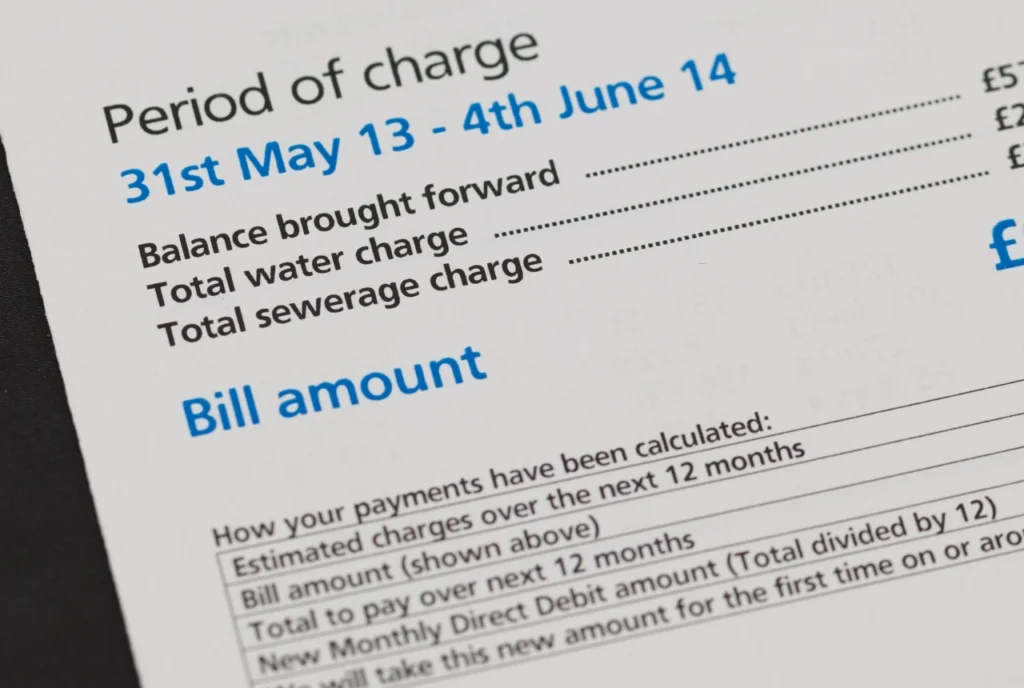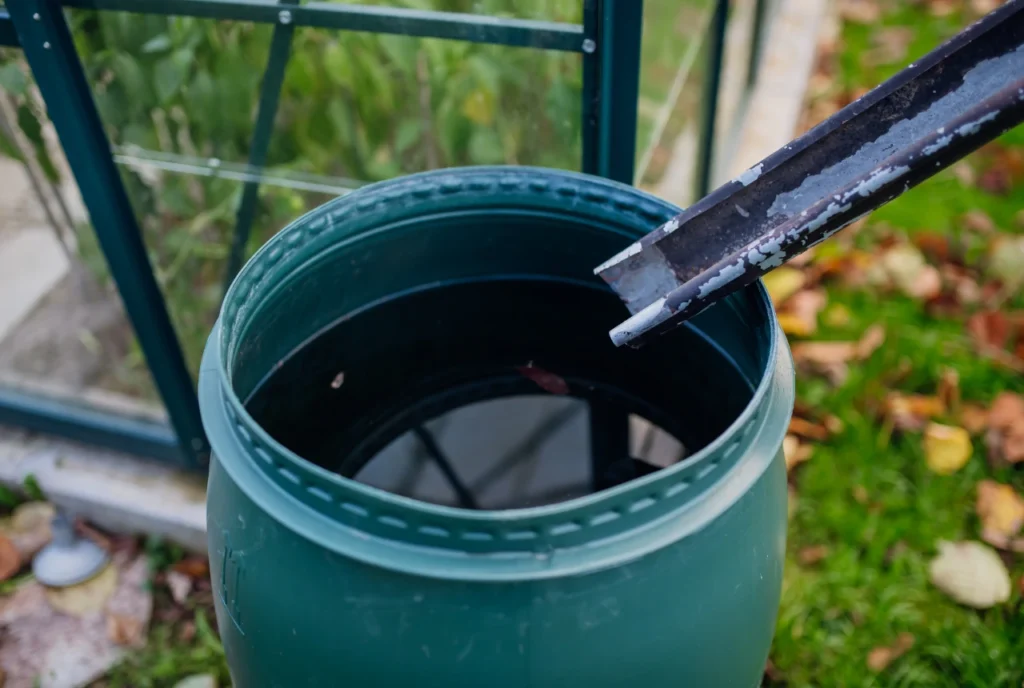![]()
Can rainwater harvesting be the future of sustainable urban living? With growing water scarcity, particularly in cities, this ancient practice has now regained its importance. Apartment complexes can take a giant leap toward more sustainable living through innovative solutions.
Here are seven important benefits of rain water harvesting in apartments-from economic to environmental and social impacts, and why it’s an essential step toward greener living.
What is Rainwater Harvesting in Apartments?
Rainwater harvesting can be defined as the collection of rainwater from surfaces, such as rooftops, and then channeling them into storage systems with the purpose of utilization thereafter.
In apartments, it is normally referred to:
- Rooftop Catchments: Collected from the rooftop by a network of gutters and downspouts off the building.
- Collection Tanks: Collected water will be channeled into storage tanks and the size of the tank depends on the needs of the building.
- Filtration Systems: Filtration systems are fixed sometimes inside the tap to ensure the water released is clean, safe, and free of dust and other debris in the water.
Currently, many regulations and regulations of real estate law governs the installation of RWH systems in residential buildings. Most of such regulations go hand in hand to require the installation of such systems as part of new constructions especially in urban centers where the case for water shortage may be an issue.
7 Benefits of Rain Water Harvesting in Apartments
1. Reduced Water Bills

In fact, by installing RWH in apartments, a huge amount of water billing can be saved by minimizing dependency on municipal water supply. For instance, case studies of an apartment complex in Bengaluru saw its monthly expenditure on water drop to zero paise during the monsoon months from more than ₹2 lakh a month.
Within one year of adopting the RWH, the community showed a reduction in its water usage and costs by 52%. This was a remarkable indication of how the system was effective. Another apartment complex reported saving about ₹1 lakh every month. That is how RWH changes the mechanism of water management and brings huge financial relief to people.
2. Water Conservation

Rainwater harvesting plays a critical role in preserving freshwater sources in an ever-drier urban world. The RWH structures capture and utilize the rainwater, thereby reducing the actual demand of the municipality for municipal water supplies, which are scarce and sometimes expensive.
According to the current statistics until 2024, it can be found that with RWH the use of municipal water supplies can go as low as 40% saving in household areas. This is an important conservation effort as only 1% of Earth’s water is fresh enough to be used for drinking, therefore efficient management of this basic requirement will leave no option but for people to thrive well in these densely populated areas.
3. Mitigates Urban Flooding

RWH reduces flood water in urban areas since it collects and retains the rainwater that would otherwise contribute to stormwater runoff. This eases the burden on the drainage system during floods, therefore lessening the prospects of flooding cities.
RWH systems reduce the volume of water going into urban storm drains as collected from rooftops and stored in tanks, thus preventing flooding events of small scales and medium scales. Cities like Bangalore and Chennai in India have implemented RWH systems in apartment complexes, resulting in effective flood management and enhanced water conservation efforts.
4. Reduces Dependence on Groundwater
The adoption of RWH systems in apartment complexes can significantly reduce the demands placed on groundwater. The collected rainwater can be used both for irrigation purposes and flushing toilets and even for drinking purposes if appropriately treated. This would bridge the gap in several cities of the world between the demand for potable groundwater, which is supplemented through over-extraction and contamination of water sources.
Sustainable groundwater use becomes an important factor in maintaining the ecological balance, water security, and biodiversity, especially in such springs, wetlands, and other forms of forests that depend on the existence of this source. RWH in apartments contributes to this sustainability as it recharges aquifers besides reducing demand on the groundwater.
5. Promotes Sustainable Living

RWH, therefore, encourages sustainable living, as it reduces reliance on conventional sources of water and thereby demands lesser levels on the stressed systems. Also, it minimizes energy use in the treatment of water and reduces carbon footprints through efficient resource utilization. RWH preserves ecosystems by restoring the natural water cycle and by reducing stormwater runoff, which can damage watersheds.
This fits within one of the most significant global sustainability goals as shared by the United Nations-SDG 11, RWH is going to be an integral feature in making greener resilient urban landscapes in the upcoming years.
6. Enhances Apartment Property Value

Apartments provided with RWH systems are becoming increasingly in demand by eco-friendly buyers since these provide substantial saving benefits as well as energy efficiency, thereby saving utility costs. The buyers are attracted to the properties that incorporate the RWH system as part of the property since they know how the RWH system ensures the saving of water and protects municipal water supplies.
Real estate trends show an increasing demand for eco-living spaces since consumers are now giving topmost priority to sustainable features. Developers are responding by including energy-efficient and water-saving technologies, such as RWH systems, in new projects.
7. Low Maintenance and Long-term Viability
It requires very little maintenance in an effective RWH system, but it needs regular observations and cleaning of collection surfaces, gutters, and filters to prevent contaminations. These low-maintenance activities ensure that the system runs flawlessly.
The long-term feasibility of the RWH systems can be found in their capability of greatly reducing water bills and reliance on municipal supply, hence a strong return on investment. With more and more water scarcity in urban areas, RWH in apartments increases property values and leads to sustainable living toward a better future.
Conclusion
Rainwater harvesting gives benefits in terms of water-saving, reducing flooding, cost-saving, and enhancing the value of properties. It promotes sustainable living among human beings by saving municipal water, especially conserving the ecosystem, and saving energy. These advantages make RWH applicable to urban apartments seeking sustainability for long-term preservation with financial benefits.
In short, installing RWH would solve water scarcity problems in the world and build greener, more conscious environmental living spaces. Think about it, then implement RWH into your structure, and share this article with others. Contact your local service providers of RWH today to start your step towards sustainable living.







